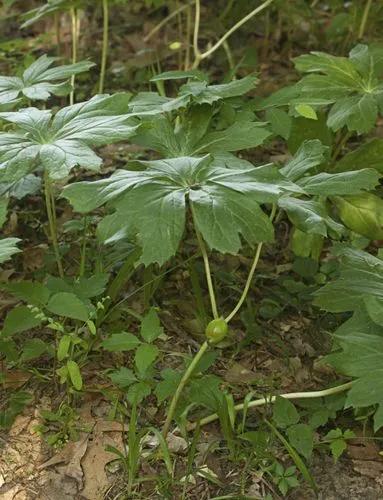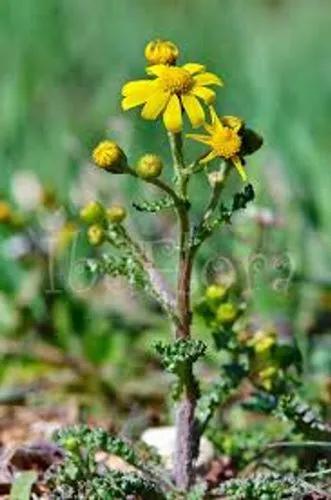Creeping Jenny is the perfect match for your garden if you want to replace a dull space with a radiant green shade. This plant is a groundcover plant that got its name from its invasive habits. It will surely claim its spot rapidly but this is a low-maintenance plant, so you can easily become friends if you choose the right corner.
Creeping Jenny Care
Lysimachia nummularia



Creeping Jenny, also known as moneywort due to its tiny leaves that are shaped like coins, is a vining perennial originally from Europe. This plant is a drought-resistant plant that will best fit rocky areas or pond areas. Its evergreen leafy vines will spread rapidly through the garden, so it is best placed in a spot where you can control and tame its growth. It will trail over the ground and on the walls or fences. Just make sure it does not trail outside your garden, as it can get a bit too invasive in the surroundings.
How to Care for the Plant

Water

Creeping Jenny is a water-loving plant. Remember to keep the soil moist by watering frequently and adding compost to the soil. You can plant it in the spots of the garden that collect rainwater, but make sure the soil does not stay soggy, as this can cause root rot. Ensure that the water that collects naturally in your garden does not have hard chemicals, as this can damage the plant. If you choose to plant Creeping Jenny in a pot, water two-three times a week and even daily during hot summer days to ensure proper growth.

Pruning

As this plant will grow fast if it’s a ground cover, you need to keep pruning active. Don’t let it spread too much because it will take as much space as you allow. Cut any dead vines when needed, and don’t let the plant vines get too dense. Prune them away to maintain airflow and keep pests away. After the blooming season, deadhead the blooms, so the seeds don’t spread wildly around the garden.

Fertilizer

Creeping Jenny already does it all by itself, so you don’t really need to contribute with extra fertilizer. You can, optionally, treat it with a liquid fertilizer in springtime, so you give its flowers that extra glow during summer.

Sunlight

The amount of light that the plant receives will also decide the color of the leaves. It can grow well in direct sunlight or partial shade, but remember that keeping it in direct sunlight in summer can give the leaves a fainter green shade.

Soil

This plant is not very pretentious when it comes to soil as long as the soil retains water. Avoid sandy soil or rocky grounds if planted outside. If you plant Creeping Jenny in a container, you can use regular potting soil that you can mix with peat moss to better lock the moisture in the soil.

Propagation

You can easily propagate Creeping Jenny by rhizome division, cuttings, or seeds. If you propagate with cuttings, either place the cuttings in moist soil or in water, where it will shortly grow its roots. Seeds propagation is less common, but it can be done starting by planting the seeds in a container until they germinate. The moisture in this soil should not be as intense as for adult plants, so make sure you have a seed starting pot mix in the container. Let the plant grow a sufficient amount of leaves before you plant it outdoors or in a bigger container.

Temperature

This plant is a very forgiving one, so don’t worry too much about temperature. It can die out in very cold climates, but it will be back to life when spring comes. As long as you water it properly, hot climates don’t harm Creeping Jenny either.

Container

This plant is a ground cover plant, so you can easily plant it in the garden in areas where the soil can remain moist most of the time. However, if you want to worry a little bit less about its invasive nature, choose to plant it in a pot. This way, it is easier to control, trim, and move around when you want to reorganize your garden. Plant it in a container with draining holes. The stems are best planted towards the edges of the container, so the plant grows beautifully over the edges.

Fun fact

Creeping Jenny blooms in the summer months with bright yellow flowers that almost cover its foliage completely.

Popularity

6,977 people already have this plant 1,161 people have added this plant to their wishlists

Common pests

Creeping Jenny is not one to attract pests, however, it can develop fungal disease or mealybugs if you keep it in soggy soil, which leads to root rot. You can easily identify these pests by observing spots on the leaves or rust on the plant. You may find snails or caterpillars on it from time to time, although this will likely be accidental. You can add horticultural oil to the leaves to make sure you keep away any bugs or eggs that might lay on your leafy plant.

Frequent diseases


Botanist’s tips

Discover more plants with the list below
Popular articles






